The number 4 stands for the 4th industrial revolution. To understand how we got here, we need to back up a bit.
The 1st industrial revolution came about when mechanical machines were invented which harnsessed water and steam power. They took over manual labor from humans and animals in the factories and on the roads with the introduction of trains.
The 2nd industrial revolution came about with the invention of electricity. Machines running on electricity took over from steam and water powered machines. Along came the assembly line and mass production.
Then came the 3rd industrial revolution with the invention of programmable computers and robots that automized even more manual labor in the factories and digitalized paper work.
Finally we are at the brink of the 4th industrial revolution. The previous three revolutions all have in common that they introduced a new technology that took over manual labor in factories and other industries from human workers. The 4th revolution will be different, because the technology introduced is Artificial Intelligence (AI). In a few decades, AI will take over work that so far only humans have been good at: Work requiring considerable cognitive skills, like diagnosing diseases, conducting research, driving cars etc. In other words, AI will transition from being good at domain-specific things, like playing chess, or winning in jeopardy (current state-of-the art AI), to being able to learn about and tackle a variety of problems more akin to human intelligence but potentially greater.
How will society look like, when AI has taken over most of our work, or at least taken over a lot a tasks that is part of our workday and reduced workhours considerably? Thought leaders are split on this one, some believe AI will spell our downfall, while others believe AI will augment and free humans from work. I take the latter stance. Given that the human race haven’t been wiped out by AI, and that humans and intelligent machines can actually co-exist, we as human will have more time to realize ourselves and socialize with friends and family. However it probably will take some decades of getting used to, since especially western culture values work highly, and work defines a great part of western identity. Then there’s the problem of the economical system and how it’s going to change, which is a huge and complicated topic in itself that I’ll leave for later examination.

